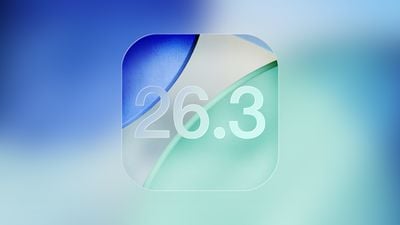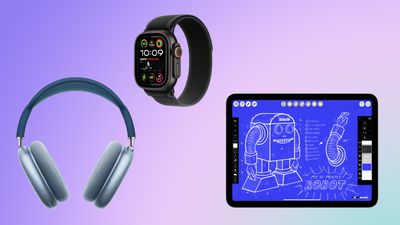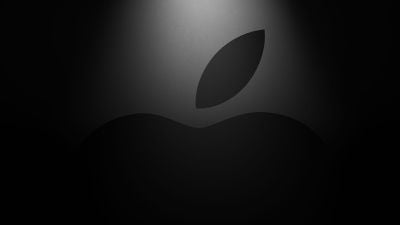Apple CEO Tim Cook visited President Donald Trump at the White House over the weekend to attend the premier of "Melania," a documentary that's set to be released in the near future.
According to The Hollywood Reporter, several tech CEOs attended the screening, which also included a VIP dinner. Along with Cook, other attendees included Zoom CEO Eric Yuan, Amazon CEO Andy Jassy, Amazon chairman Jeff Bezos, and AMD CEO Lisa Su.
Films are typically screened in the East Wing of the White House, but since Trump tore it down for a 90,000 square foot ballroom, a makeshift theater was constructed for the event. Attendees were provided with framed tickets, copies of Melania Trump's memoir, and commemorative black and white popcorn boxes, provided by gloved waiters to avoid fingerprints.
Cook has been working to maintain a close relationship with Trump, and he visited the White House several times in 2025, in addition to meeting with Trump in Japan and at Davos. Apple also donated an unspecified amount toward Trump's ballroom project, and Cook presented Trump with a glass plaque that included a 24-karat gold base. Prior to when Trump took office, Cook personally donated $1 million to Trump's inauguration.
The Melania Trump documentary is set to debut in theaters on January 30, with a premiere set for January 29 at The Donald J. Trump and The John F. Kennedy Memorial Center for the Performing Arts. Amazon paid upwards of $40 million to fund the documentary, which tracks Melania from the 2025 presidential campaign to inauguration day. Director Brett Ratner reportedly spent months living at Mar-a-Lago to make the film.
"Melania" is Ratner's first directorial project since 2014 because he was accused of sexually assaulting six women back in 2017, and Warner Bros. cut ties with him.
Note: Due to the political or social nature of the discussion regarding this topic, the discussion thread is located in our Political News forum. All forum members and site visitors are welcome to read and follow the thread, but posting is limited to forum members with at least 100 posts.





 Note: MacRumors is an affiliate partner with Best Buy. When you click a link and make a purchase, we may receive a small payment, which helps us keep the site running.
Note: MacRumors is an affiliate partner with Best Buy. When you click a link and make a purchase, we may receive a small payment, which helps us keep the site running.






 Note: MacRumors is an affiliate partner with Amazon. When you click a link and make a purchase, we may receive a small payment, which helps us keep the site running.
Note: MacRumors is an affiliate partner with Amazon. When you click a link and make a purchase, we may receive a small payment, which helps us keep the site running.

















